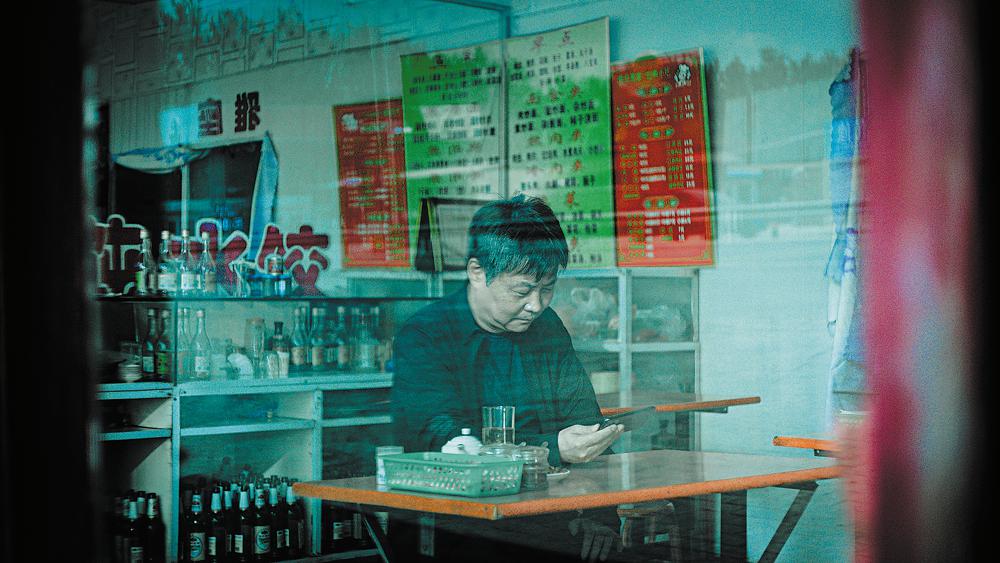

"Jia Zhangke is one of my favorite directors. I have watched most of his movies multiple times," says Liang, adding that she used Jia Zhangke's directorial debut, Xiao Wu (1998), also known as Pickpocket, as a text material for screen for her undergraduate students, helping them to form "a poetic imagination".
As many villages have transformed with rapid urbanization in China, Liang says the documentary highlights the distinctive role villages have played in development. She says villages still have social principles of an agricultural society that have been followed since ancient times.
Earlier last year, the documentary had its global premiere at the 70th Berlin International Film Festival, and was limitedly released in the US.
Jia Zhangke says the film will also be released in more than 10 countries, including France, but the number of overseas distributors has reduced due to the COVID-19 pandemic.
"Before the COVID-19 outbreak, the number could reach 35 or more," he says.
Jia Zhangke used to travel overseas a lot earlier. "In the past two years, I have been in China. I often think, 'Can we go back in time?' The answer is still uncertain and complicated."